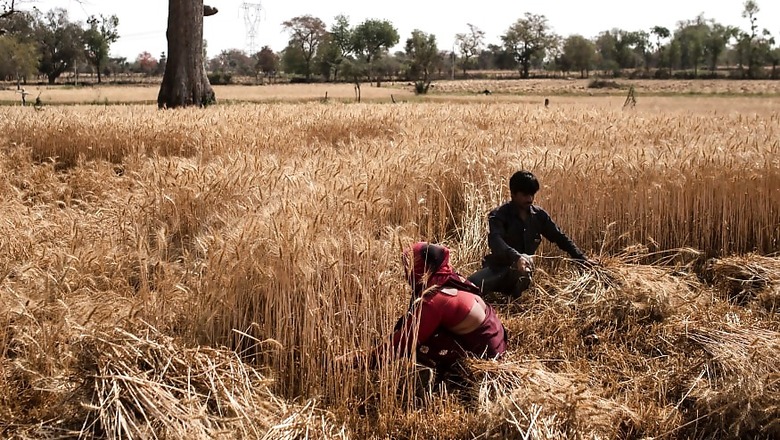
views
The country is slowly easing the lockdown, stranded migrants are being transported to their home states and economic activities are now allowed in many parts of India.
However, as we stare at a long and hard road to economic recovery, the reiteration by Nobel laureate Abhijit Banerjee on Tuesday morning about providing direct cash transfers to a sizeable part of the population to revive demand seems pertinent.
In conversation with Congress leader Rahul Gandhi, Banerjee has suggested that instead of obsessing about who is poor and eligible for state support, the government should begin transferring cash to cover 60% of the population. This would mean those who do not have Jan Dhan accounts (most migrants do not) would also get covered.
Banerjee said the idea was to assure people of some ready money so that they can spend as and when the lockdown is lifted. This will not only take care of the poor and the unbanked, untargeted migrants, but also help small businesses – such as those in the medium, small and micro enterprises (MSME) sector – to revive since this will aid in overall demand revival in the economy.
Another significant suggestion – one that has come from Banerjee earlier too – is about universalisation of the PDS system. This entails allowing anyone with an Aadhaar card and in need of free foodgrain to have access to the public distribution system for at least the next three months. As of now, only those people who have an existing ration card have access to the PDS system.
All of these steps – transferring significant amounts to cash into the bank accounts to cover more than half the country’s population and offering free rice, wheat and ‘daal’ (pulses) to anyone who needs these in the short term – obviously require the government to open its purse strings.
Till now, the Centre has announced a Rs 1.75 lakh-crore package for small businesses, MNREGA workers, those who already have Jan Dhan accounts and women. Of this outlay, only about Rs 70,000 crore is a new spend, the remaining money was just repackaged from the Budget provisions for 2020-21.
As Banerjee and others have noted, India has provided a stimulus which doesn’t even equal a percent of the country’s GDP when other countries have already pumped funds far in excess into their respective economies.
Japan has pumped money exceeding 20% of its GDP, UK 18.8%, US nearly 9% and Germany over 10%. Some analysts have said that perhaps we should look at 3-4% of GDP as the initial stimulus package and then tweak the offering as the COVID-19 trajectory becomes clearer.
Soumya Kanti Ghosh, Chief Economist at the State Bank of India (SBI), had suggested a package of at least Rs 3.5 lakh crore to prevent an economic slide.
SBI had forecast last month that falling tax revenues and shrinking income of the government from various sources would anyway lead to fiscal deficit rising to at least 5.7% of GDP.
Analysts at brokerage firm Motilal Oswal had pointed out that even if there were no further fiscal stimulus, the deficit this year would reach 5.6% of GDP.
Business chambers FICCI and CII (who represent India Inc) have spoken of a stimulus package of anywhere between Rs 9-11 lakh crore to kickstart production at factories and alleviate corporate stress.
Union MSME Minister Nitin Gadkari has frequently hinted at suggestions from his ministry on a sizeable package to alleviate the stress in the sector which could exceed Rs 1 lakh crore. However, Banerjee has pointed out the need to address woes of the migrants, the unbanked and the poor.
The Supreme Court has already asked the government to expand the “One Nation, One Ration Card” scheme so that a beneficiary can get access to the PDS system from anywhere in the country. But till now, all of these suggestions seem to have fallen on deaf ears.
So there are two key questions really: can the government afford to put aside its fiscal deficit worries for a while and think in terms of a stimulus package which is multiple times bigger than what has been offered till now?
And will it offer access to free food and income security to a large section of the population, even if temporarily, besides ensuring corporate India gets through these tough times?
Top government officials have already indicated there won’t be any big bang stimulus and the government was focused on offering small dozes to specific sectors.
As for Banerjee’s suggestions, the government has, till now, merely extended the validity of PDS to more states without making any comment on offering cash transfers to large swathes of people.
Even on the issue of transporting migrants by trains to their home states, the government seems to have lost at least the battle of perception to the Congress with its flip flops on who will pay for this exercise.
If the state has been unwilling to shell out such meagre amounts needed to help the destitute, perhaps it is signalling that a large stimulus package is out of the question.
One can quibble with Banerjee’s suggestions so far as to say that his prescriptions, for how large numbers of funds transfers can be done, are a little vague.
There will possibly also be doubts over allowing anyone and everyone to take grains from the PDS system but the larger point – that the government needs to feed the hungry and aid businesses as well as the economy by pump priming it is well made.
Meanwhile, ratings agency CRISIL has said that the Indian economy could grow at just 1.8% this fiscal (from 5% in 2019-20) though risks are tilted towards zero growth.
It has found that 4% of GDP has been permanently lost due to the coronavirus-induced lockdown and India Inc (along with the rest of the economy) is slated to post its worst decadal financial performance.
In such times, perhaps worries of escalating fiscal deficit will have to be kept alongside the growing clamour for providing for the needy.










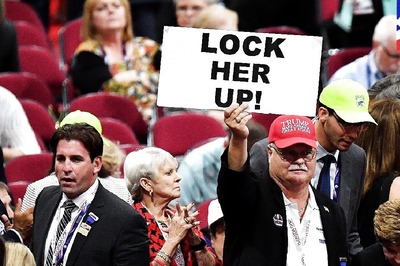

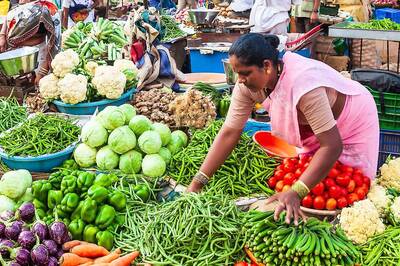
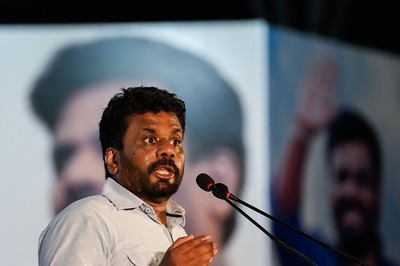

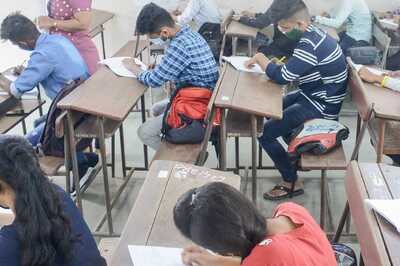
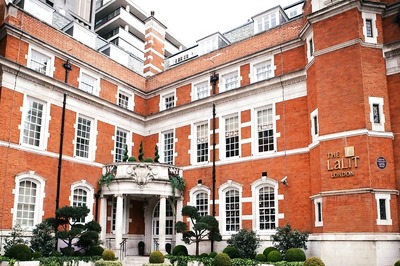
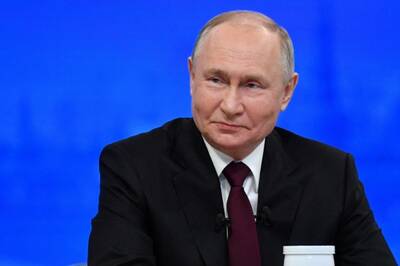
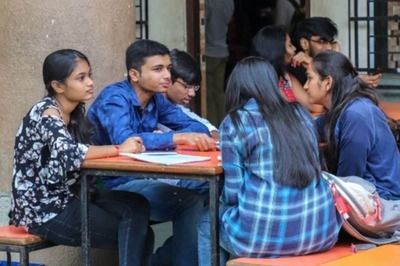
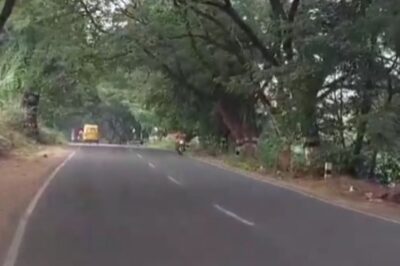
Comments
0 comment